Anyone hunting for a “Trump trade” at this late stage has probably missed the US election bus. If you bought gold as a traditional safe-haven asset back in February at £1,600 an ounce, you’d be a smug 33 percent up by now — though my man in the bullion market tells me the rise is by no means all to do with presidential hopes and fears. There has also been big buying from China possibly linked to moves, with Russia and other unfriendly actors, towards “de-dollarization” of world trade using a partially gold-backed alternative currency. Which means there could be more upside ahead, my man says, and gold ETFs are still worth a look.
Meanwhile, if you’re a crypto believer, as Donald Trump sometimes claims to be, and you bagged some bitcoin at its January low, you could be an even smugger 67 percent up. But you could also have taken that profit in March and avoided a rollercoaster ride since. The simpler version of this story is that stock markets have largely factored in Trump but would be mildly shocked by a win for Kamala Harris and disconcerted by a knife-edge result that takes weeks to resolve. And though Trump himself says he wants a weaker dollar to boost domestic manufacturing, forex pundits (including Goldman Sachs) think his return to the White House is more likely to boost the greenback against the pound and other major currencies, at least in the early months.
Bond markets are harder to read, because either candidate could boost public borrowing to new heights, testing global appetites for US government paper. And in Trump’s case, tariffs against imports from China, Mexico and elsewhere could reignite inflation, requiring interest rates to stay higher. Treasury yields are certainly pointing in that direction. But in truth we have no idea whether the investor herd will stampede as votes are counted and contested, or carry on munching prairie grasses. If you didn’t place a bet on Trump long ago, I wouldn’t look for one now; leave it to the hedgies. But enjoy this snippet from the Financial Times’s Lex column: one of the best performing US stocks this year — up 55 percent, double the rise for Apple shares — is Crocs Inc. of Colorado, maker of those colorful foam-based sandals you wouldn’t be seen dead in outside the house. Sales tripled during the stay-at-home pandemic years and are looking strong again now. Why? Maybe consumers want something comfortable to wear in the panic room during another pro-Trump insurrection.
The departure lounge
How much should we care that, according to an annual survey by Henley & Partners, the UK will see an outflow of 9,500 millionaires in 2024, more than twice the number who fled in 2023 and second only in departure numbers to China, which these days creates far more millionaires in the first place? That forecast was made before the election but in the expectation of Labour victory and the tax stings now crystallized in the Budget. And Starmerists may say good riddance: what does the nation gain from footloose, haven-seeking, rentier fortunes anyway?
But Henley’s work sits alongside recent findings from the Startup Coalition lobby group that 72 percent of a sample of 500-plus company founders have “already investigated moving themselves or their business abroad” and more than 90 percent say they would consider starting their next venture outside the UK. We knew all along that Rachel Reeves was going to attack capital, but what we re-learned from her colleagues’ interminable dodging around the phrase “working people” was that the left has no sympathy whatever for risk-taking entrepreneurs and small-business owners who are the lifeblood of a growth economy.
And the real shame is in Downing Street’s subliminal appeal to a popular British prejudice, deeper than party politics, that’s ever ready to sneer at self-employed strivers and wealth creators. Henley’s report calls all this “a remarkable indictment of the political and policy climate”; no wonder so many of the successful are thinking of leaving.
Working Mike
If you want a positive role model of a “working person,” by the way, look no further than the Sports Direct tycoon Mike Ashley. Yes, he’s a billionaire with a ruthless reputation who divides his reclusive private life between luxury homes in Majorca and Miami; but he’s also tireless in pursuit of opportunities to save troubled retail brands — and many of the jobs attached to them. His latest quixotic move is a demand to be appointed hands-on (and Manchester-based) chief executive of Boohoo, the loss-making online fast-fashion retailer in which Ashley’s Frasers Group holds 27 percent. If Boohoo foolishly rejects his offer, the Prime Minister should make him minister for growth and wealth creation in the House of Lords.
Great cheese robbery
I’m horrified to learn that my local cheese shop, Neal’s Yard Dairy, has been robbed of 22 tons of fine cheddar, worth £300,000. This huge order, placed by a fraudster with a French accent claiming to speak for a legitimate distributor, was fulfilled last month; but no payment arrived, the French deny all knowledge and the cheese has disappeared.
Clearly a case for Wallace and Gromit — though no one should laugh at our artisan cheese industry suffering such a blow, struggling as it already is against health-inspection red tape and supermarket power. The hoard surely can’t have gone to France, where demand for cheddar, usually in packed slices rather than cloth-bound truckles, is confined to out-of-sight supermarket shelves offering British produce for homesick expats. If it has gone to Russia, as some reports suggest, we should watch for Vladimir Putin looking pudgier, though we won’t know if his body odor has changed because no one gets close enough to sniff him. If his army is now marching on cheese rations, it’s a pity the haul isn’t Stinking Bishop: after a month in a sealed truck, that would have made a powerful chemical weapon.
This article was originally published in The Spectator’s UK magazine. Subscribe to the World edition here.



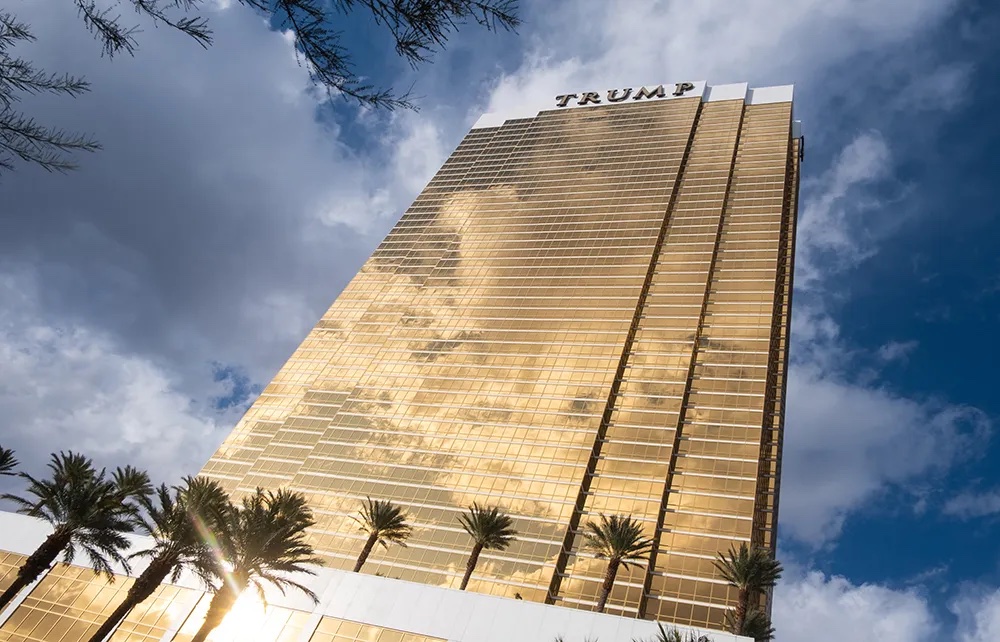






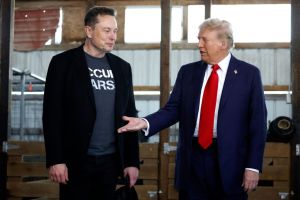
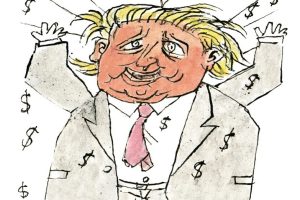

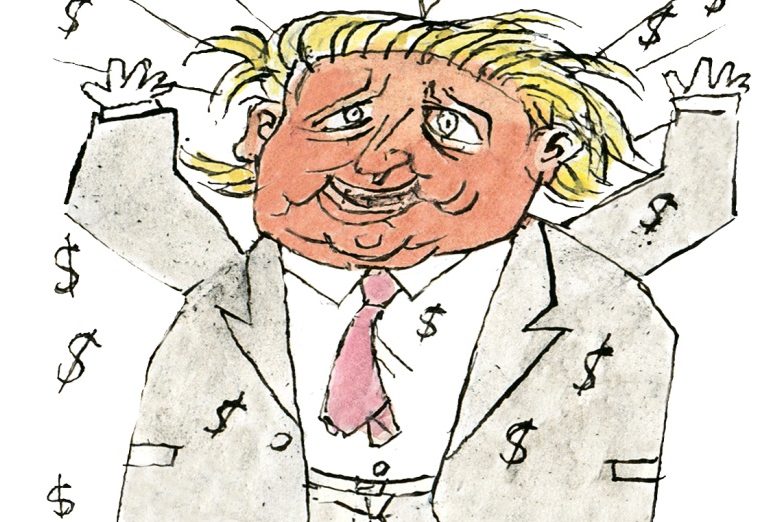
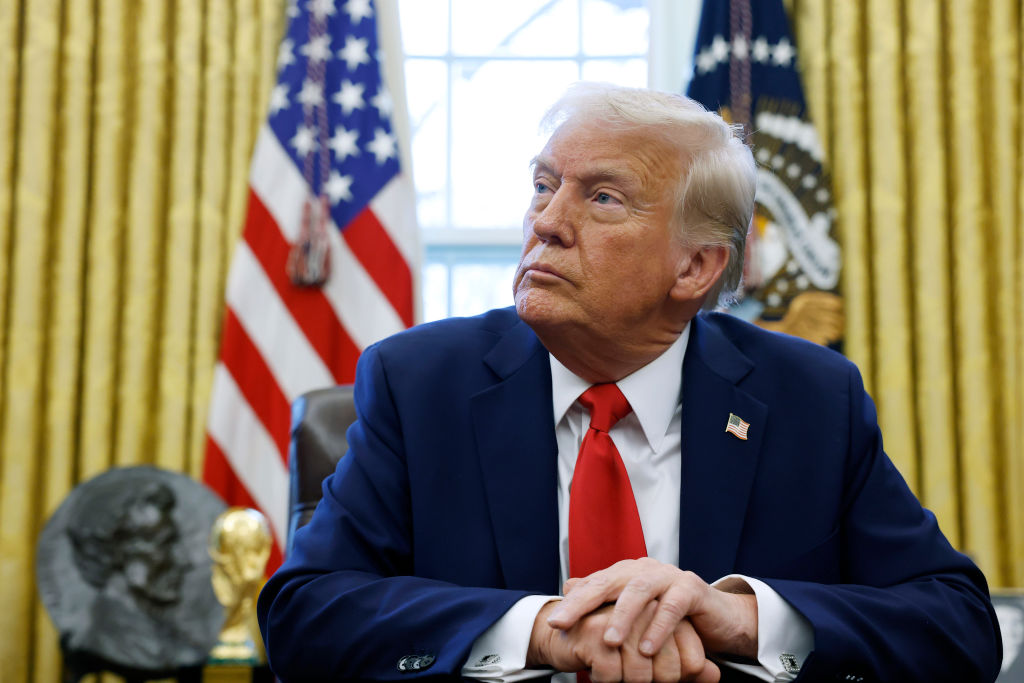
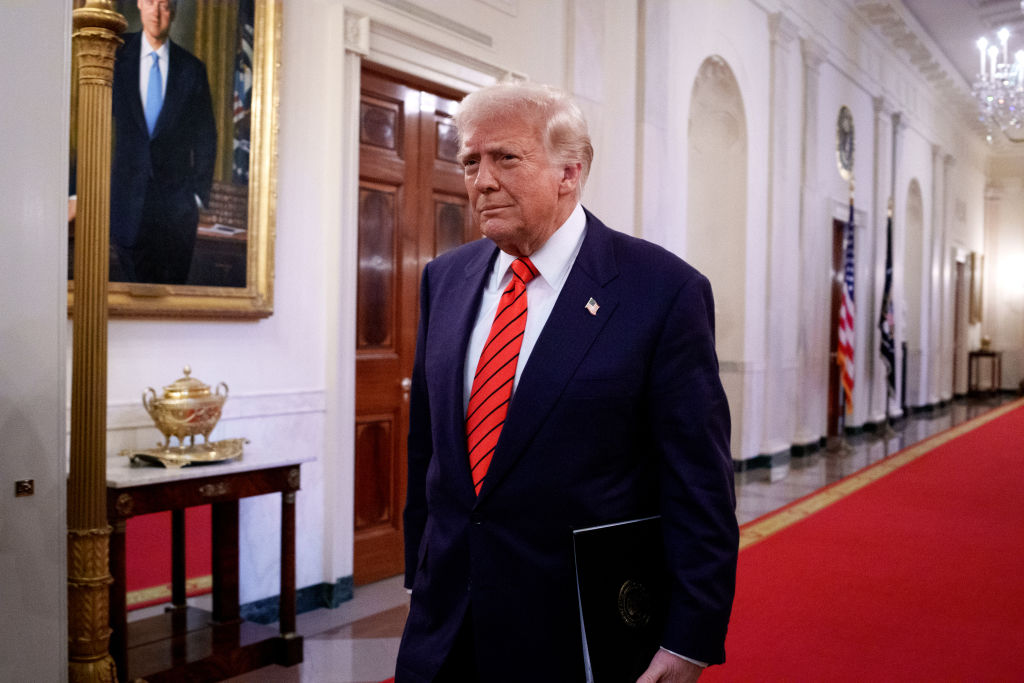

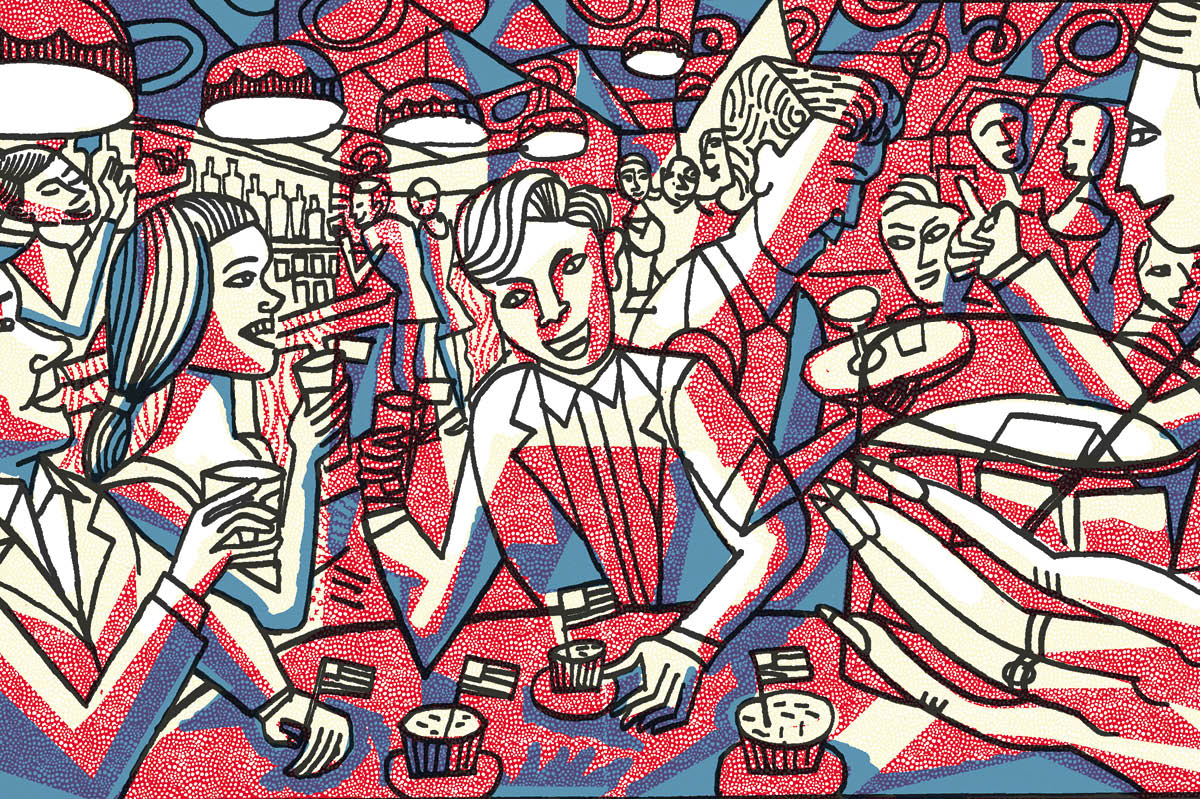








Leave a Reply